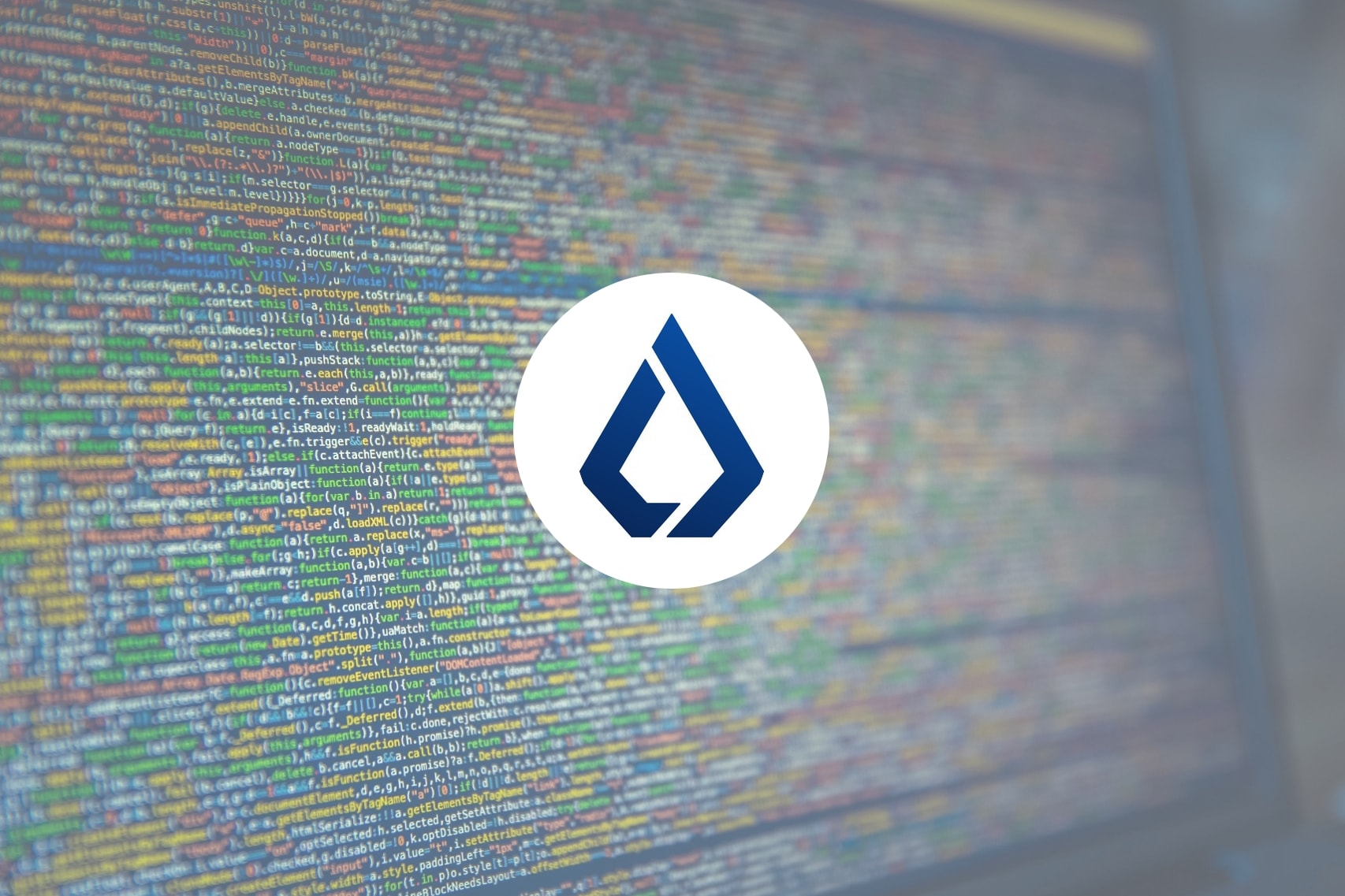After several weeks of build-up and nearly 3 years of development, the Lisk project has finally released Lisk Core 1.0 onto the mainnet, following the team’s analysis of the results from Core’s performance on the testnet.
The Core launch took place upon the arrival of block height 6,901,027. The team has stated that most nodes have already migrated to the new network, and that over 8,000 transactions have been processed.
With Lisk Core on the mainnet, users will now be able to deploy their own nodes. Each node will run Core and synchronize with other nodes to possess so that they all possess the same network state.
Several new features have also been added since Core 0.9, including a more accessible API that makes adoption quicker, a P2P communication layer called RealTimePeers that improves performance, custom messages of up to 64 bytes, and a large set of test suites to ensure proper working of the application in various circumstances.
The team has been working on several other products in tandem with Core development, including Lisk Hub, Commander, Elements, Explorer, and Nano. The team’s efforts with these products added to the development time, as they wished to refine them and make them compatible with Core in order to make the mainnet launch a better experience.
To facilitate migration and get users onboard, the team has also published comprehensive documentation on how to get started, which makes an effort to educate amateurs as well.
New Versions of Lisk Hub & Nano to Be Discontinued in 2019
Following the Core launch, the team also provided updated versions of the Hub and Nano.
🔧 We're excited to announce the release of #Lisk Hub 1.1.0 and #Lisk Nano 2.0.0. We highly recommend upgrading to these versions as soon as possible as they are officially compatible with Lisk Core 1.0. https://t.co/sQyTsFkfBa
— Lisk (@LiskHQ) August 29, 2018
Lisk Hub 1.1 adds more features, including the aforementioned custom messages and a reworked interface.
While Lisk Nano has been upgraded to Version 2.0, it will only receive security updates patches hereafter. From the start of 2019, it will not be a supported product, but the public will be able to use the GitHub repository to implement their own features. The team has cited work on the upcoming Lisk Hub wallet as the reason for this discontinuation, which is the next priority on their agenda.
With the combination of the various products and their new features, Lisk will give JavaScript developers a quick way to learn about blockchain development and the subsequent deployment of decentralized apps. As Lisk is a decentralized dapp development system, developers can effectively build any kind of program they want and utilize the advantages of a decentralized network.
Several use cases have been envisioned, including a ledger for the trading of virtual goods, supply chain tracking, and prediction using crowdsourced wisdom.
August has been a monumental month for the Lisk team, with the mainnet launch of Core and the release of Lisk Elements and Lisk Commander. With a major milestone out of the way, the team can now focus on polishing the platform and evaluating feedback from the community.
The spotlight will now be on the team’s effort to grow the network, as well as the development of useful dapps.

